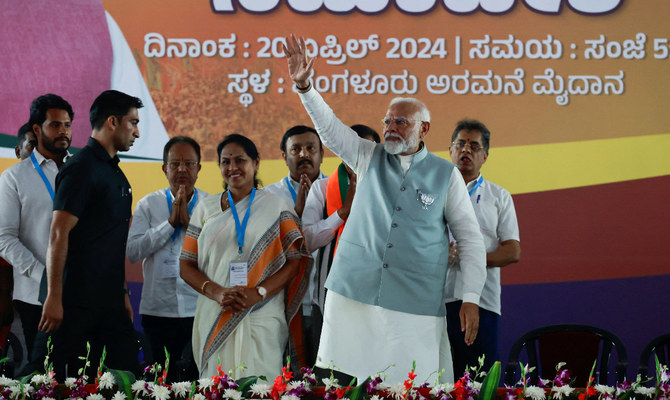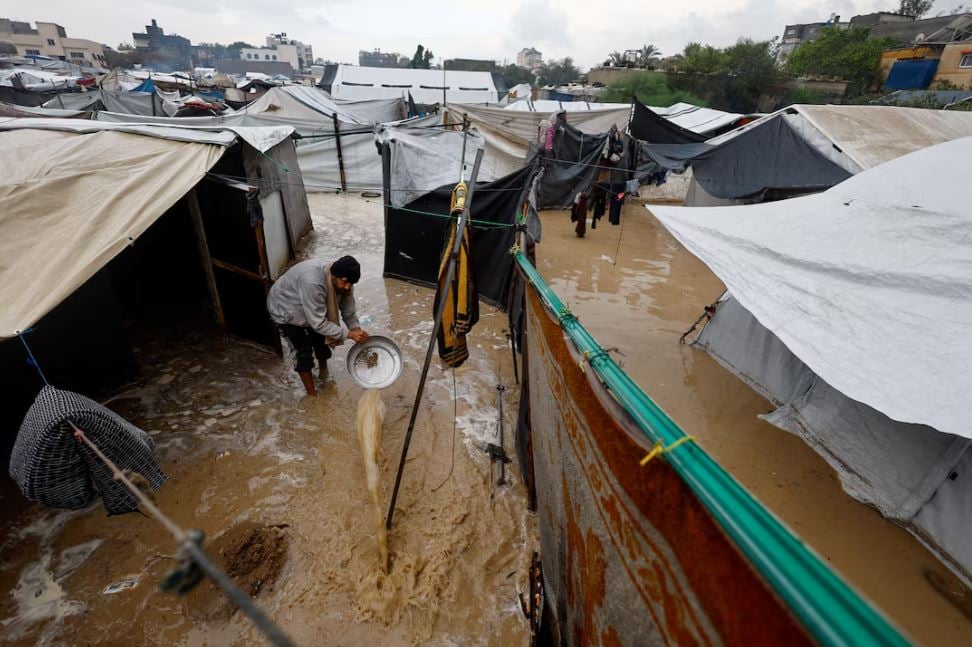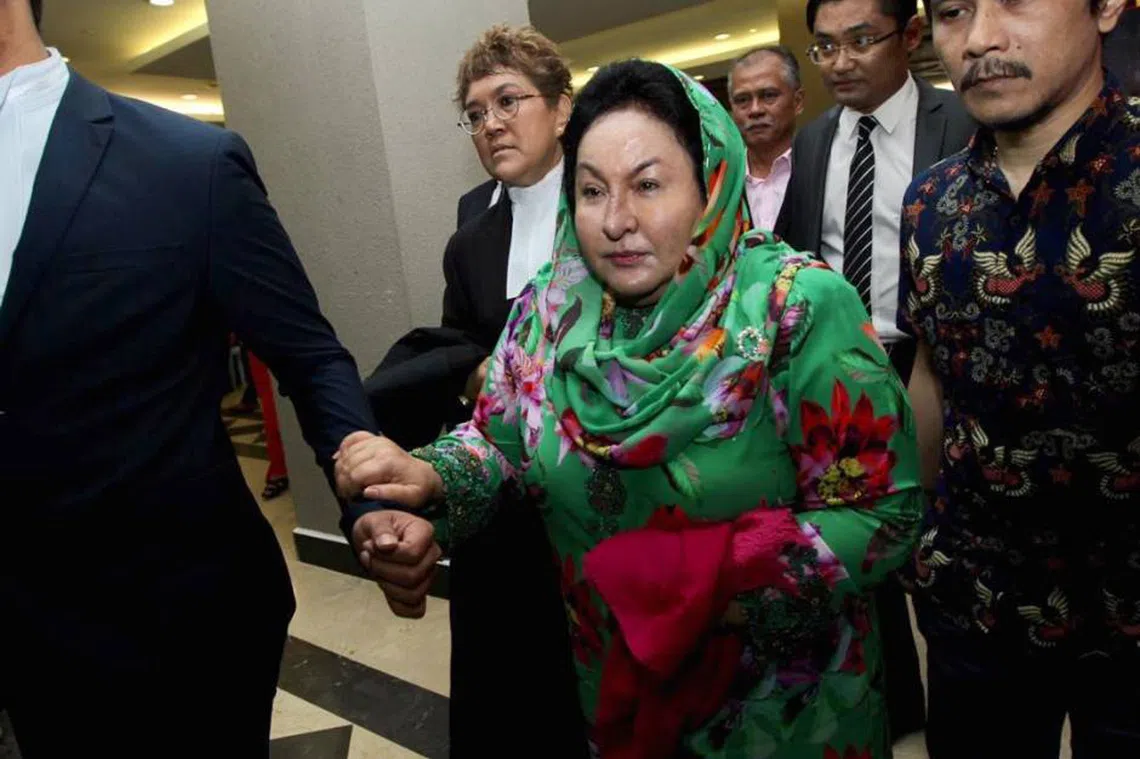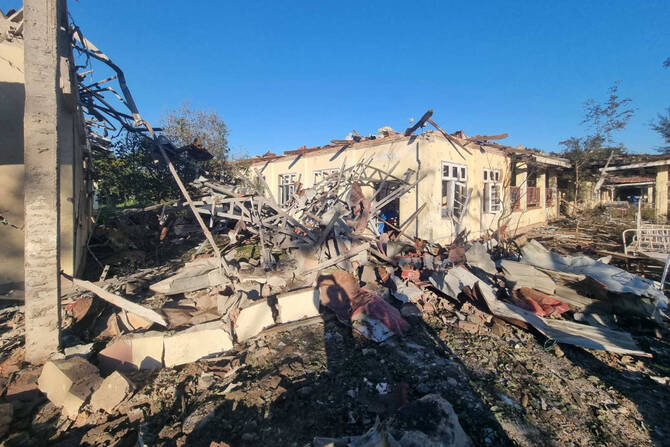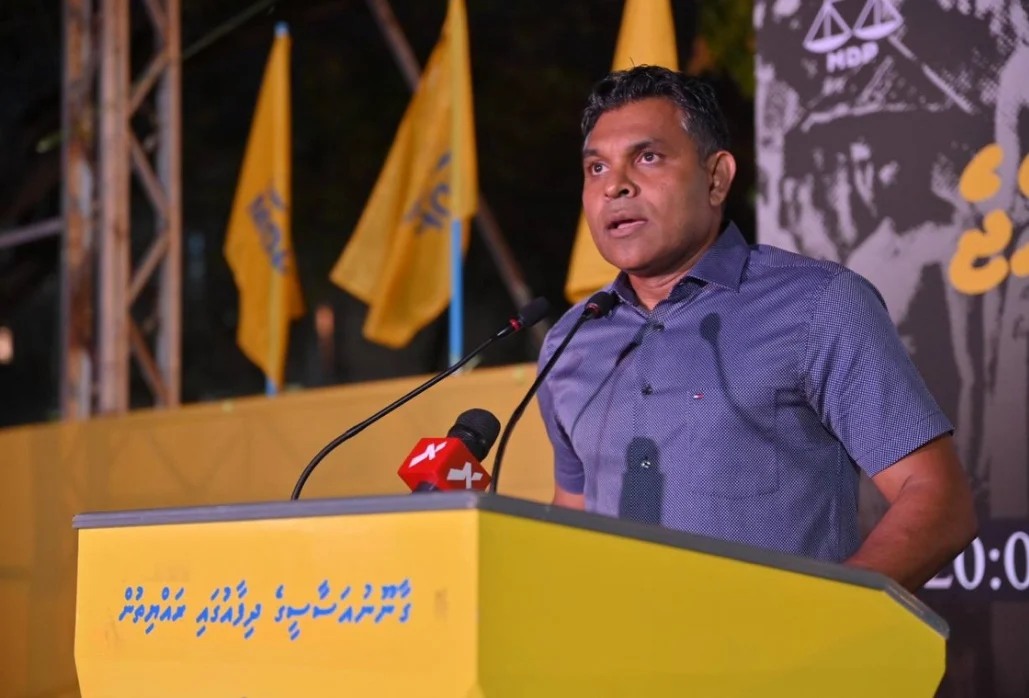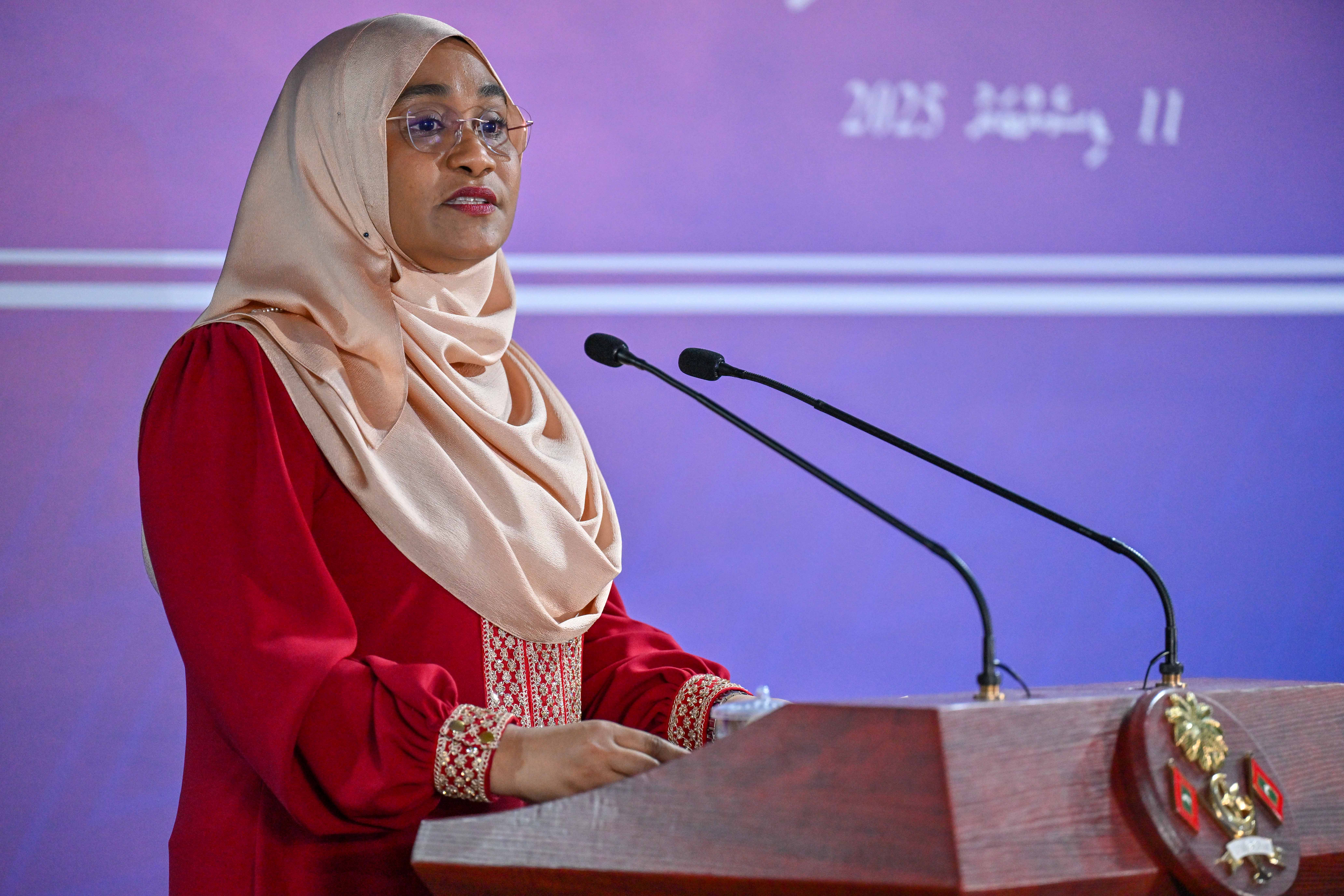India's main opposition Congress party has lodged a formal complaint with the Election Commission, alleging Prime Minister Narendra Modi's recent campaign speech in Rajasthan targeted minority Muslims. Modi's remarks, widely viewed as divisive, sparked concerns over potential violations of electoral laws, given India's secular constitution and prohibition on canvassing based on "communal feelings."
During a weekend rally in Rajasthan, Modi made comments insinuating bias against Muslims, suggesting that a previous Congress government favored the Muslim community in the distribution of national wealth. The remarks drew criticism from opponents who accused Modi of marginalizing India's sizable Muslim population, estimated at 200 million.
Despite the controversy, Modi's Bharatiya Janata Party (BJP) remains a formidable contender in India's ongoing general elections, with results expected on June 4. The BJP's campaign strategy, characterized by references to Hindu religious symbols and sentiments, has reignited debates about the intersection of religion and politics in India.
Earlier this year, Modi inaugurated a grand temple dedicated to the deity Ram on the site of a razed mosque, stirring discussions about religious identity and cultural heritage. BJP spokesperson Gaurav Bhatia defended Modi's remarks, asserting they reflected widespread public sentiment. However, critics warn that such rhetoric risks exacerbating religious divisions and undermining India's secular principles.
Congress party spokesperson Abhishek Manu Singhvi expressed hope for decisive action from the Election Commission, describing Modi's comments as "far worse than any ever made by a sitting Prime Minister in the history of India." Despite the complaints, Modi and the BJP maintain a robust presence in India's political landscape, with their electoral fortunes yet to be determined.
During a weekend rally in Rajasthan, Modi made comments insinuating bias against Muslims, suggesting that a previous Congress government favored the Muslim community in the distribution of national wealth. The remarks drew criticism from opponents who accused Modi of marginalizing India's sizable Muslim population, estimated at 200 million.
Despite the controversy, Modi's Bharatiya Janata Party (BJP) remains a formidable contender in India's ongoing general elections, with results expected on June 4. The BJP's campaign strategy, characterized by references to Hindu religious symbols and sentiments, has reignited debates about the intersection of religion and politics in India.
Earlier this year, Modi inaugurated a grand temple dedicated to the deity Ram on the site of a razed mosque, stirring discussions about religious identity and cultural heritage. BJP spokesperson Gaurav Bhatia defended Modi's remarks, asserting they reflected widespread public sentiment. However, critics warn that such rhetoric risks exacerbating religious divisions and undermining India's secular principles.
Congress party spokesperson Abhishek Manu Singhvi expressed hope for decisive action from the Election Commission, describing Modi's comments as "far worse than any ever made by a sitting Prime Minister in the history of India." Despite the complaints, Modi and the BJP maintain a robust presence in India's political landscape, with their electoral fortunes yet to be determined.





